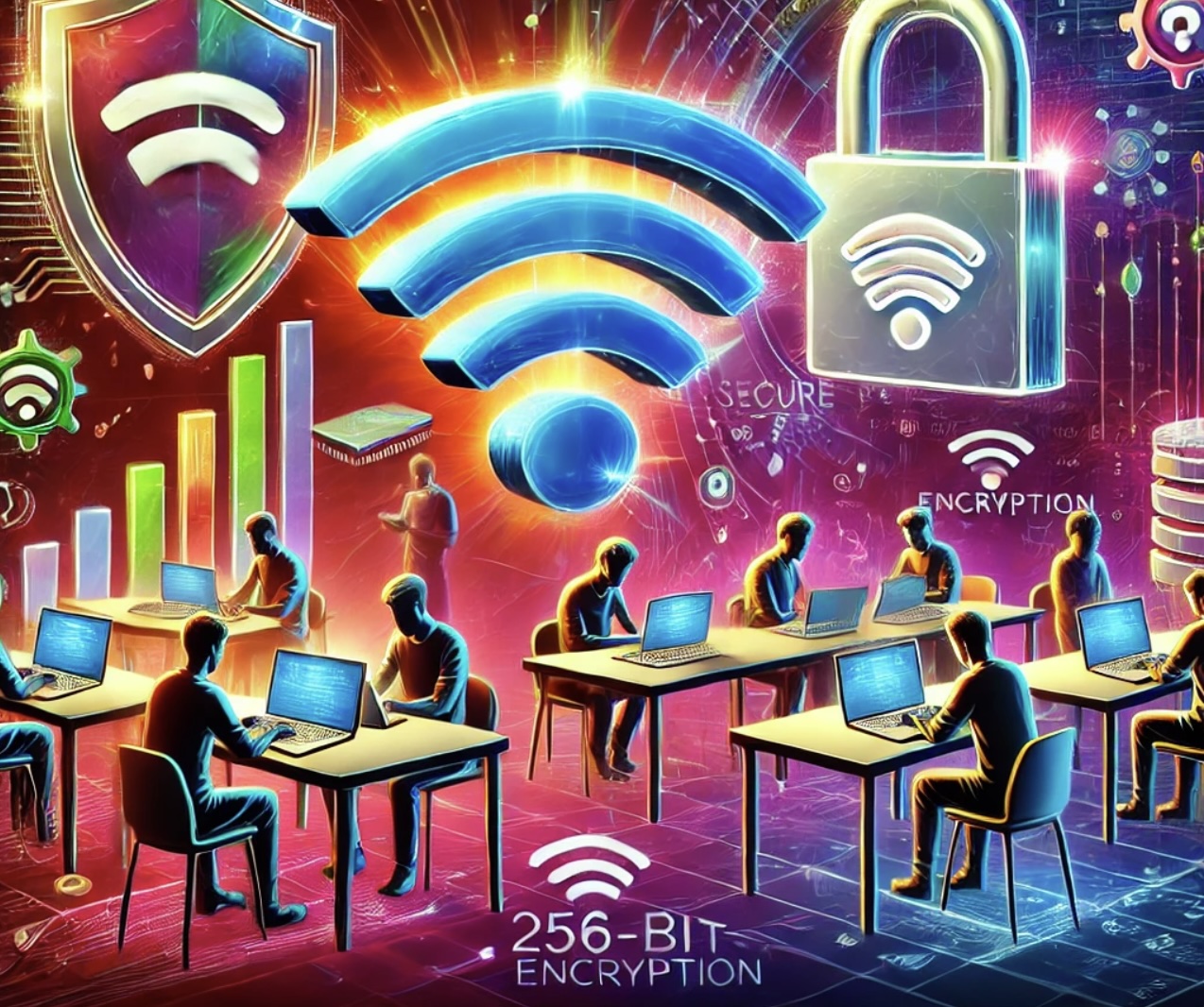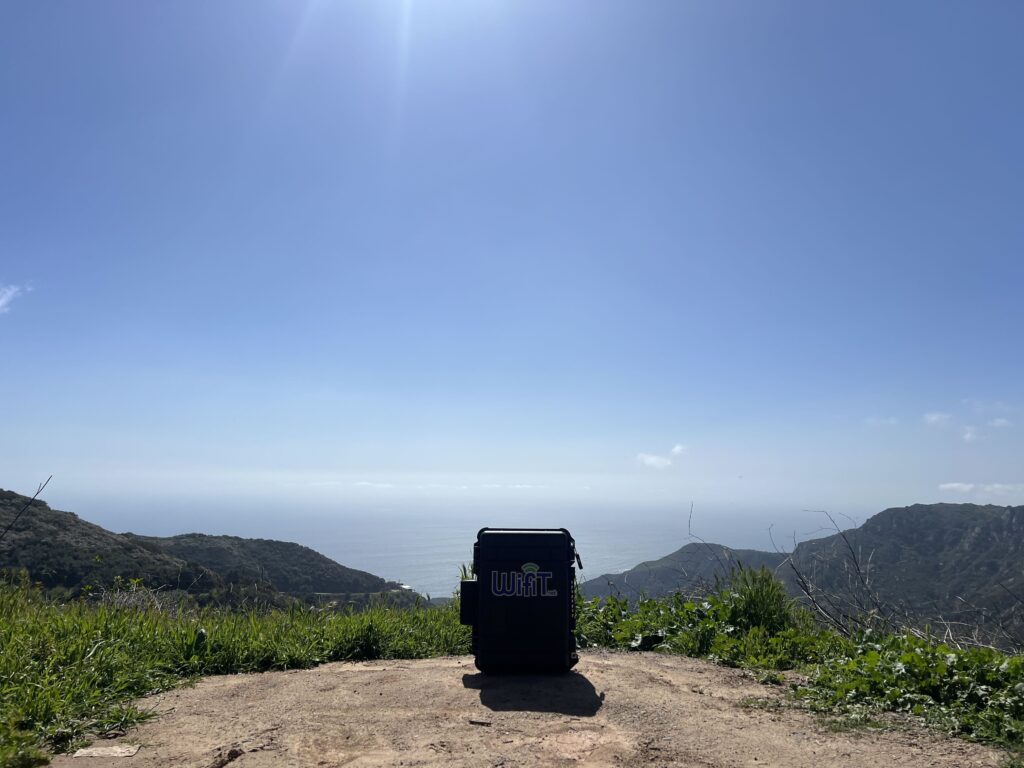

Organizing an outdoor event has its own difficulties and having a good internet connection is one of the most fundamental of them all. Outdoor event WiFi is absolutely necessary to provide a better experience for attendees, to support live streams, to improve operations on site, etc. This guide will discuss 10 best practices for it to work well.
Why Outdoor Event WiFi is Crucial:
In outdoor settings like festivals, concerts, sports tournaments, which attract an audience to the tune of thousands, the expectation automatically revolves around the free wifi. Having dependable WiFi makes sure attendees can remain connected, upload and share their experiences on social media and access important event information. Strong WiFi backing can make purchasing tickets, assurance, and correspondence with staff-piece of, well, the arrange.
Here is the 10 Tips:12345678910
Are these tips too much for you to handle or don’t have the time to implement them? Reach out to us at WiFiT. We’ve done it hundreds of times already. Get a special quote and ensure your outdoor event WiFi is seamless for guests, POS, artists, staff, and anyone else.
Easily connect to the internet with our hassle-free plug-and-connect solution.
Here are some of the highlighted features: